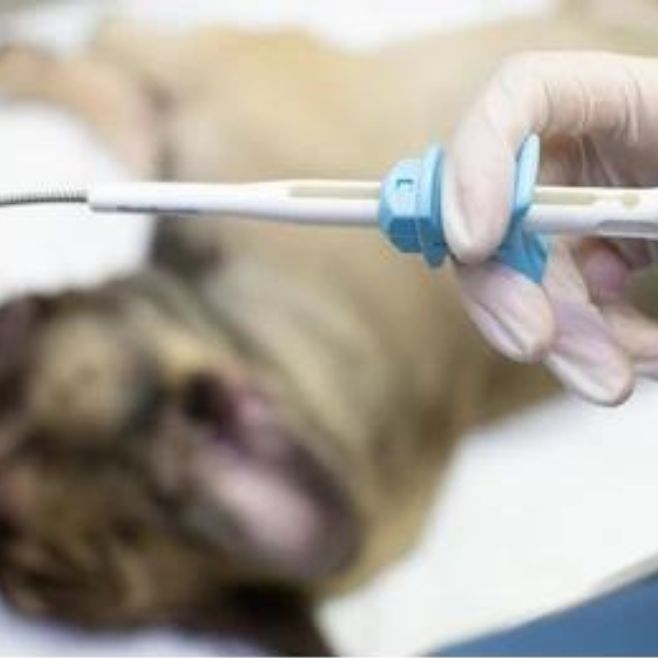
In House Diagnostics for Pets: How to Keep Your Furry Friend Healthy and Happy!
Call (786) 536-5144
In house diagnostics for pets is a crucial aspect of their overall health and wellbeing. Read on to learn how these tests can help keep your furry friend healthy and happy!

